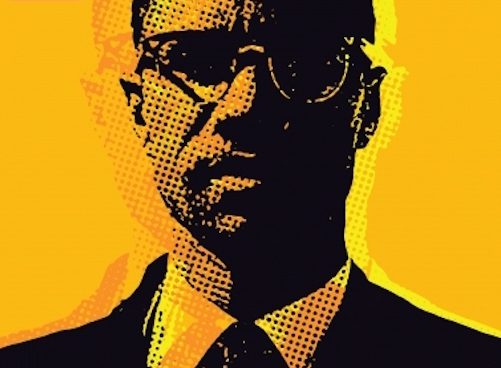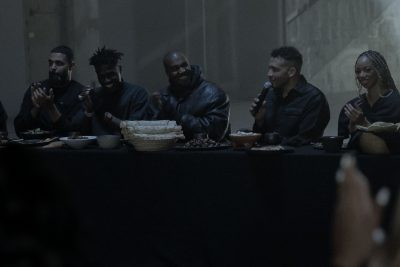
Malcolm X would have celebrated 93 years of life if he were alive today. Although he died in 1965, his legacy and words are still impactful.
Malcolm X had a way of examining the reality of race in America. And he knew how to describe how Blacks were affected differently while enduring racial strife. Some Blacks would recognize the wrongdoings while others would embrace it with the hopes of being accepted by their oppressors.
This reality can apply to Kanye West’s “free-thinker” choice to support Donald Trump and say that slavery was a choice.
If Malcolm X was alive today, this is likely how he would respond to Kanye West.
“During slavery you had two Negroes. You had the house Negro and the field Negro. The house Negro usually lived close to his master. He dressed like his master. He wore his master’s second-hand clothes. He ate food that his master left on the table. And he lived in his master’s house–probably in the basement or the attic–but he still lived in the master’s house.
So whenever that house Negro identified himself, he always identified himself in the same sense that his master identified himself. When his master said, ‘We have good food,’ the house Negro would say, ‘Yes, we have plenty of good food.’ ‘We’ have plenty of good food. When the master said that ‘we have a fine home here,’ the house Negro said, ‘Yes, we have a fine home here.’ When the master would be sick, the house Negro identified himself so much with his master he’d say, ‘What’s the matter boss, we sick?’ His master’s pain was his pain. And it hurt him more for his master to be sick than for him to be sick himself. When the house started burning down, that type of Negro would fight harder to put the master’s house out than the master himself would.
But then you had another Negro out in the field. The house Negro was in the minority. The masses–the field Negroes were the masses. They were in the majority. When the master got sick, they prayed that he’d die. If his house caught on fire, they’d pray for a wind to come along and fan the breeze.
If someone came to the house Negro and said, ‘Let’s go, let’s separate,’ naturally that Uncle Tom would say, ‘Go where? What could I do without boss? Where would I live? How would I dress? Who would look out for me?’ That’s the house Negro. But if you went to the field Negro and said, ‘Let’s go, let’s separate,’ he wouldn’t even ask you where or how. He’d say, ‘Yes, let’s go.’ And that one ended right there.
So now you have a twentieth-century-type of house Negro. A twentieth-century Uncle Tom. He’s just as much an Uncle Tom today as Uncle Tom was 100 and 200 years ago. Only he’s a modern Uncle Tom. That Uncle Tom wore a handkerchief around his head. This Uncle Tom wears a top hat. He’s sharp. He dresses just like you do. He speaks the same phraseology, the same language. He tries to speak it better than you do. He speaks with the same accents, same diction. And when you say, ‘your army,’ he says, ‘our army.’ He hasn’t got anybody to defend him, but anytime you say ‘we’ he says ‘we.’ ‘Our president,’ ‘our government,’ ‘our Senate,’ ‘our congressmen,’ ‘our this and our that.’ And he hasn’t even got a seat in that ‘our’ even at the end of the line. So this is the twentieth-century Negro. Whenever you say ‘you,’ the personal pronoun in the singular or in the plural, he uses it right along with you. When you say you’re in trouble, he says, ‘Yes, we’re in trouble.'”
Excerpt from a speech recorded at Michigan State University East Lansing, Michigan. Jan. 23, 1963.

















